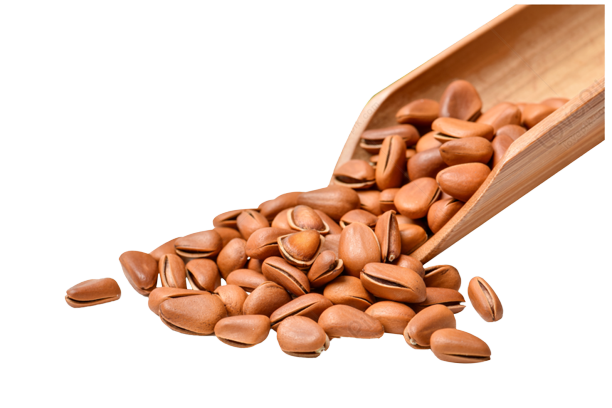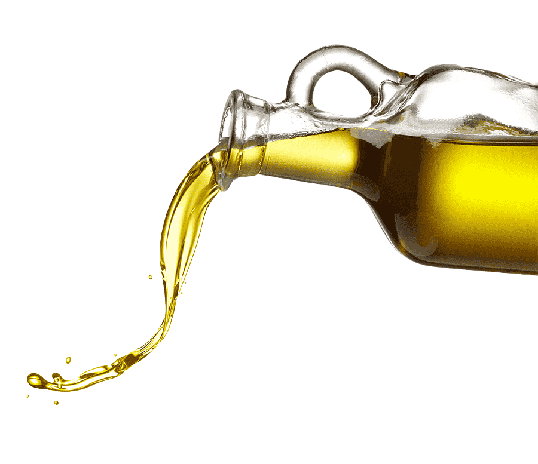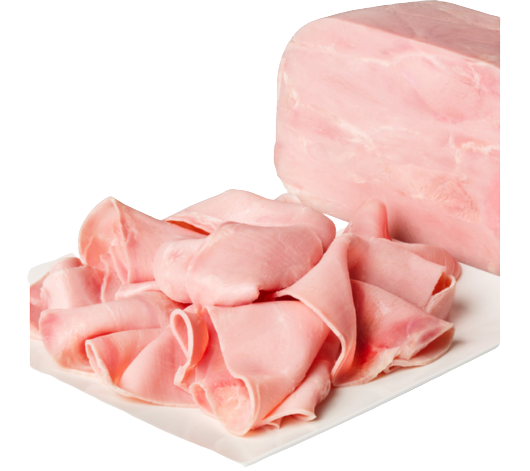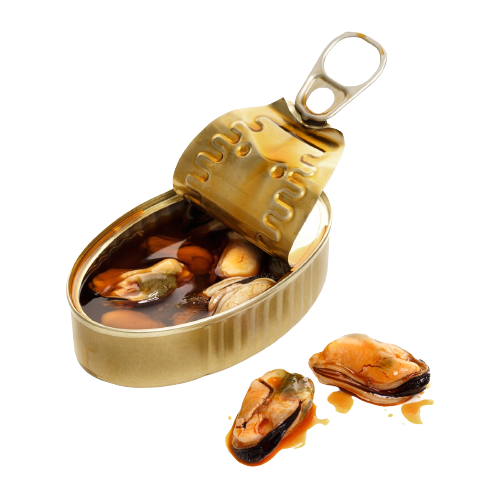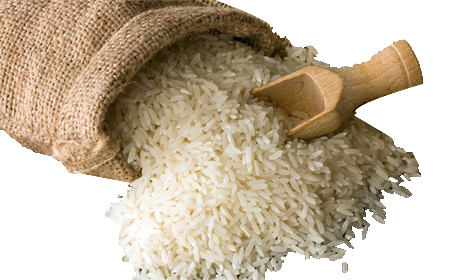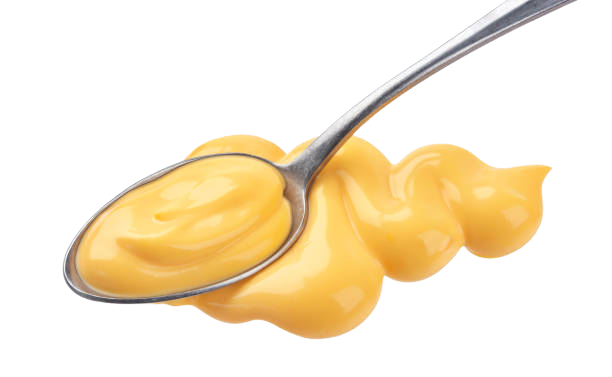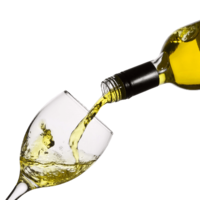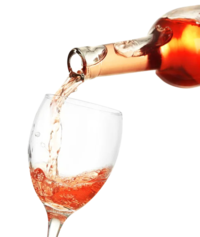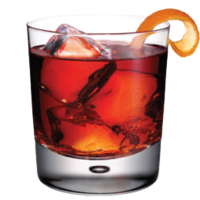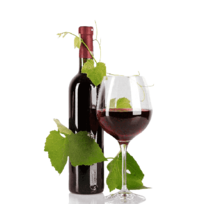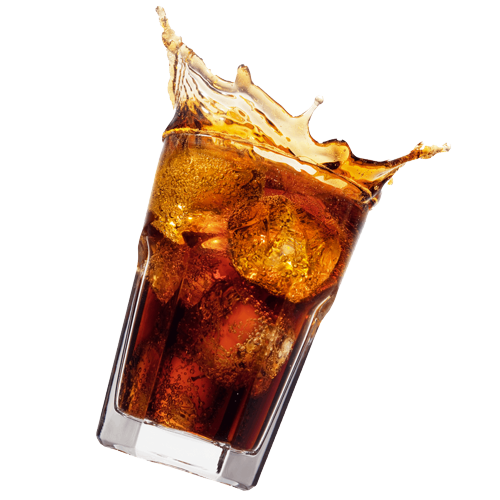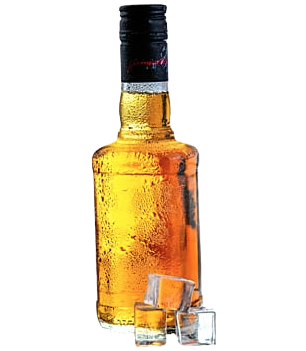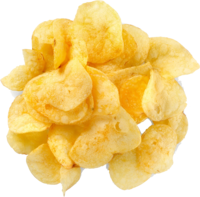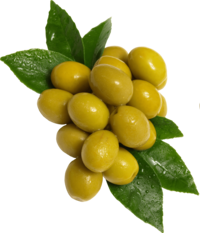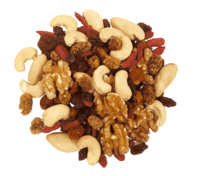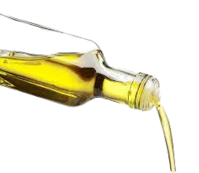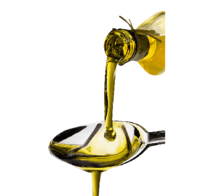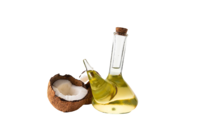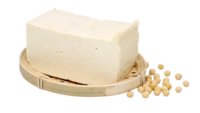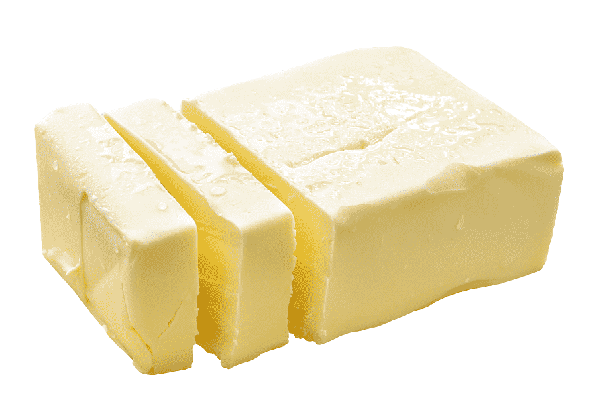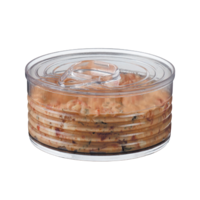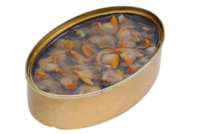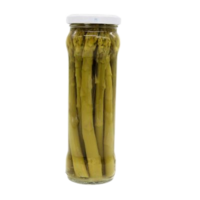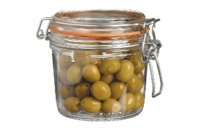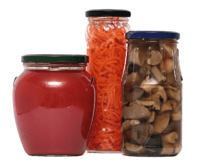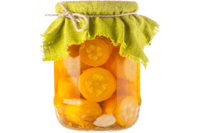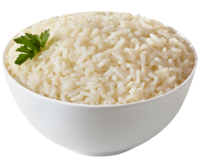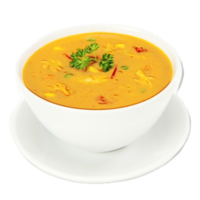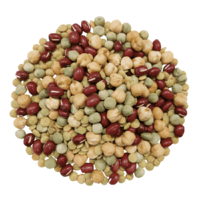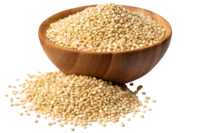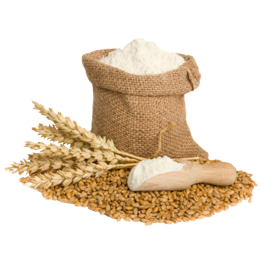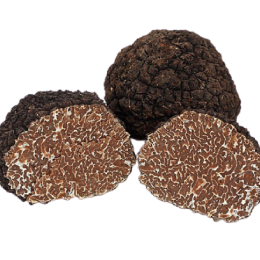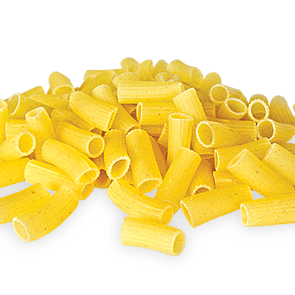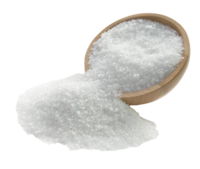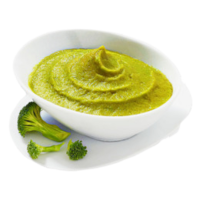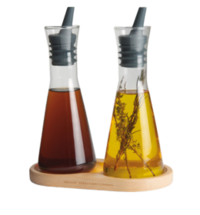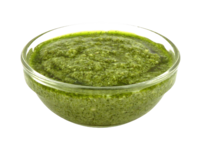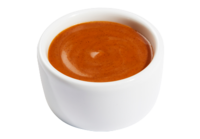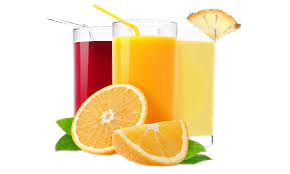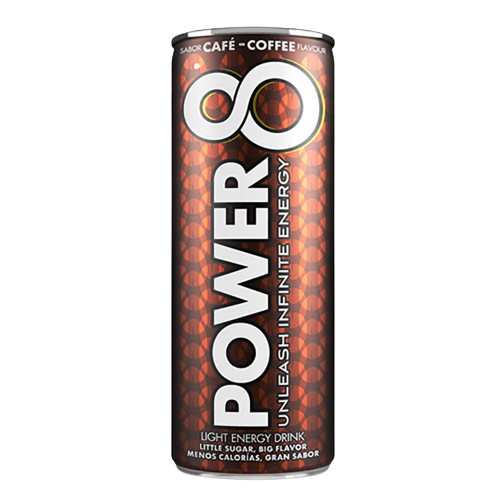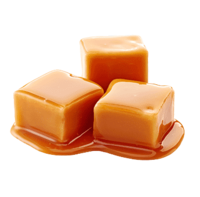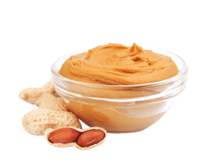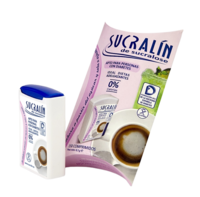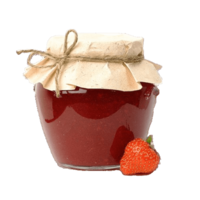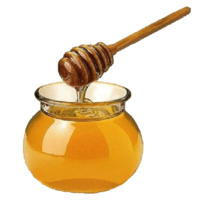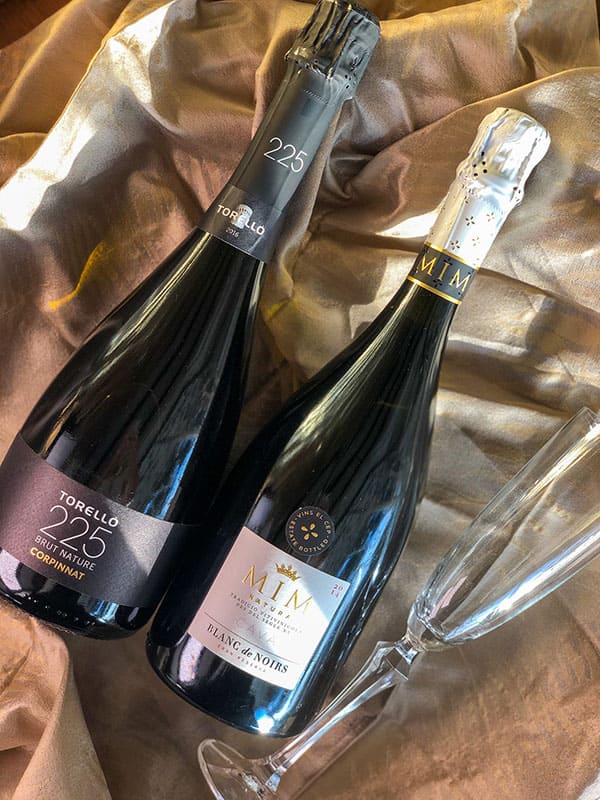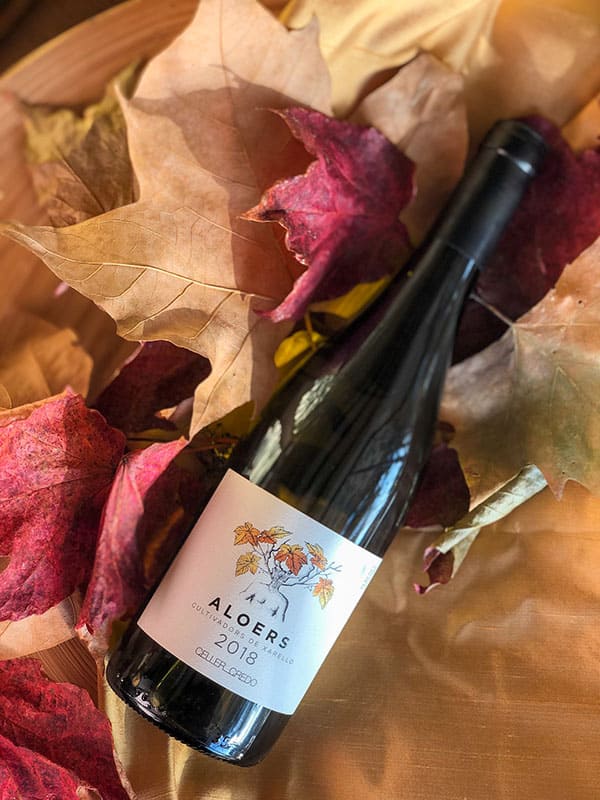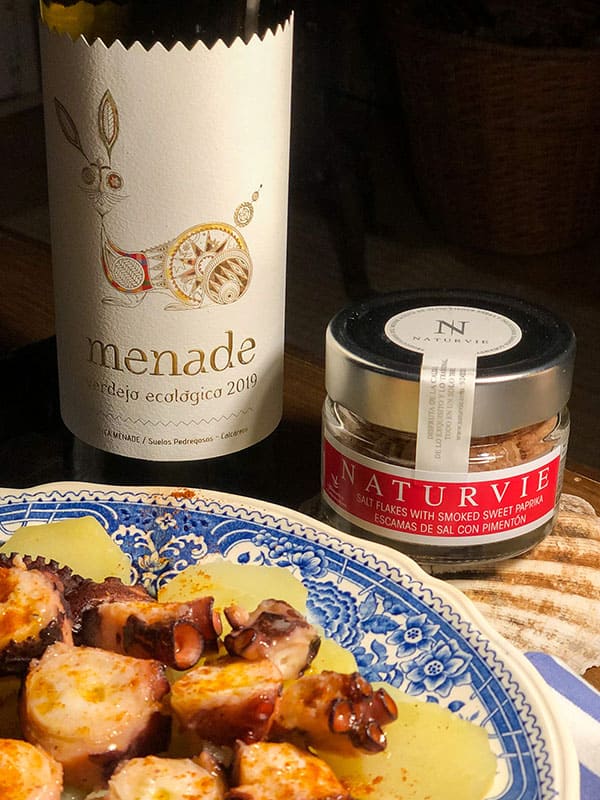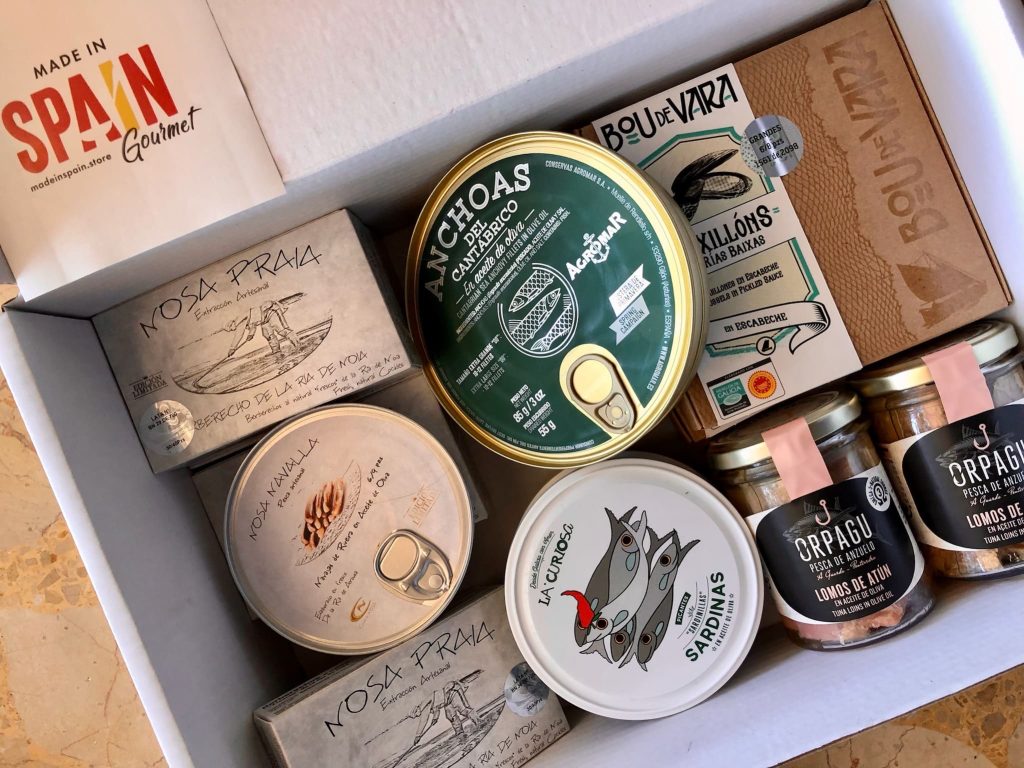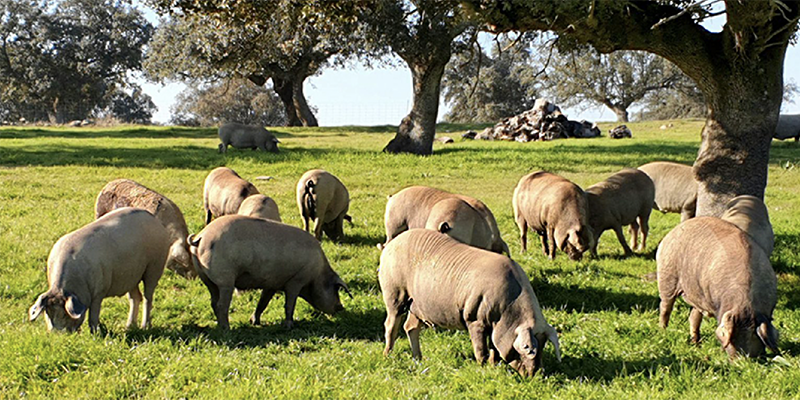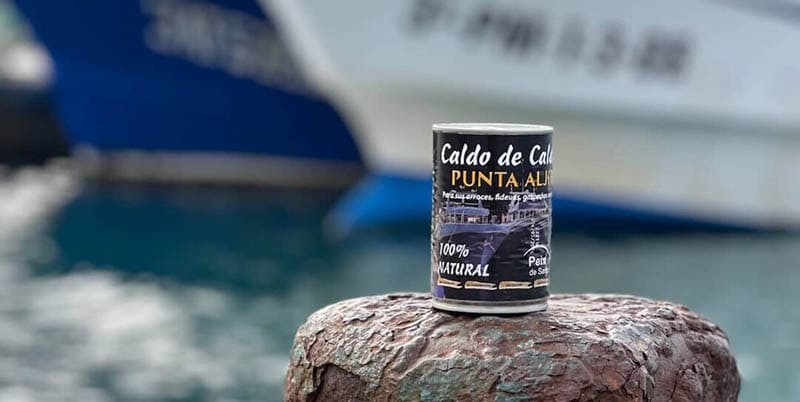En MadeinSpain.store We also like to provide you with quality information and solve your possible doubts about great Spanish products. Therefore, in this article we are going to explain what the differences are between organic and biodynamic wines, whose market boom is there. Both concepts are misleading when they appear on bottle labels. Although they have similarities, they are not the same. Do you know what distinguishes one from the other? Pay attention because we explain it to you!

- Organic viticulture
- Biodynamic viticulture
- Differences between organic and biodynamic wines
- Try the ones from MadeinSpain.store
The first thing you should know is that the characteristics that define the organic and biodynamic wines they have nothing to do with its taste. Those peculiarities are in the form of work the vineyard, get the grape and make the broth in the cellar.
Organic viticulture
Ecological, organic or biological. All these names are synonymous in view of the European Union. What is organic viticulture? It is simple. He uses agricultural techniques in the work of the vineyard that do not contemplate at any time the artificial fertilizers, antibiotics and pesticides (fertilizers, herbicides, pesticides ...). On the other hand, the burning of stubble is prohibited to maintain the microbial flora in the vineyard. These requirements must be met to the letter.
Nor does it incorporate additives, colorants, preservatives or genetically modified organisms (GMOs) nowhere in the winemaking process. Forbidden are also practices such as partial dealcoholization of the wine, the electrodialysis for its tartaric stabilization and use chemical processes to eliminate sulfur dioxide.
On the other hand, organic wines can use natural fertilizers, whether of plant or animal origin. In addition, it is possible to harvest later (late vintage) to achieve a higher concentration of Antioxidants in grapes, something beneficial that is later transferred to the product. The adition of sulphites it must be highly controlled and strictly controlled. It is also allowed to add native yeasts, although some certain chemicals are authorized.
In short, in Made in Spain we are talking about an organic wine whose green seal on the label reflects a maximum respect for the environment. It is obtained with techniques that do not pollute and meets the criteria set by the European Union for the organic wine certification. Although, at first, the care of the organic vineyards is more laborious for the winegrower, later he enjoys a better efficiency in a crop that generates its own defenses against pests and diseases that are usually treated with chemicals.
Biodynamic viticulture
For its part, the biodynamic agriculture considers the vineyard as a living being and one more element of the biological ecosystem of the environment. In this way, winegrowers want their vines to develop their own immunity against microbes and insects, but with the help of nature. That is, by encouraging microorganisms and biodiversity that surrounds the land contribute to that protection. Even the energies of heaven and earth help, therefore the Moon's calendar. Biodynamic natural preparations are added to treat the crop.
It really is a work philosophy that goes beyond what European standards set. Are used fewer treatments, fewer technologies and less sulfur dioxide. Yes, native and natural yeasts are used.
In short, the great advantage is to obtain a came with a lot of personality, where all the characteristics of the terroir are appreciated in its final result. The drawbacks are in a few lower yields, also the result of a harder work, carried out by hand and with animals.
Differences between organic and biodynamic wines
As you can see, the organic and biodynamic wines they share some aspects, but they also have their differences in the results obtained. From the concept itself to the final product, they are not exactly the same.
The father of biodynamic viticulture is Rudofl steiner, who identifies farms and warehouses as complex organisms. They live within a holistic system, balanced between animals, plants and humans. There is a harmony with the influence of the stars so that the vineyard is able to develop the most suitable nutritional power and reproductive force. However, there are also critics of this crossed-out philosophy mystical, without scientific rigor.
In any case, that is the first difference with respect to organic cultivation, which adjusts only to the tasks of yesteryear, respect for the environment. The other has to do with one minimal human intervention in biodynamic wine processes. Nothing is added during its preparation. On the other hand, in organic wine they can be incorporated certain substances. Therefore, the organic and biodynamic wine They are different.
Try the ones from MadeinSpain.store
Now that you know more about him organic and biodynamic wine, we invite you to discover in our online gourmet shop the best broths that are made like this. You can pair them with cream cheeses, jams, sausages, foie gras or other greats Spanish gourmet products. Do you want to try an authentic organic wine? Choose the red Hill Island 2018, he Costenc Malvasia de Sitges or Menad 2019. Do you prefer a biodynamic one? You can opt for the Can Credo 2018, the GR 5 Trails or Rat Penat 2018. Have you already tasted any of these? Have you chosen another? Tell us what you think! In MadeinSpain.store we also read you.
AUTHOR: Iván Sevilla, journalist expert in digital and audiovisual content. Specialized in gastronomy and sports. TV reporter.



